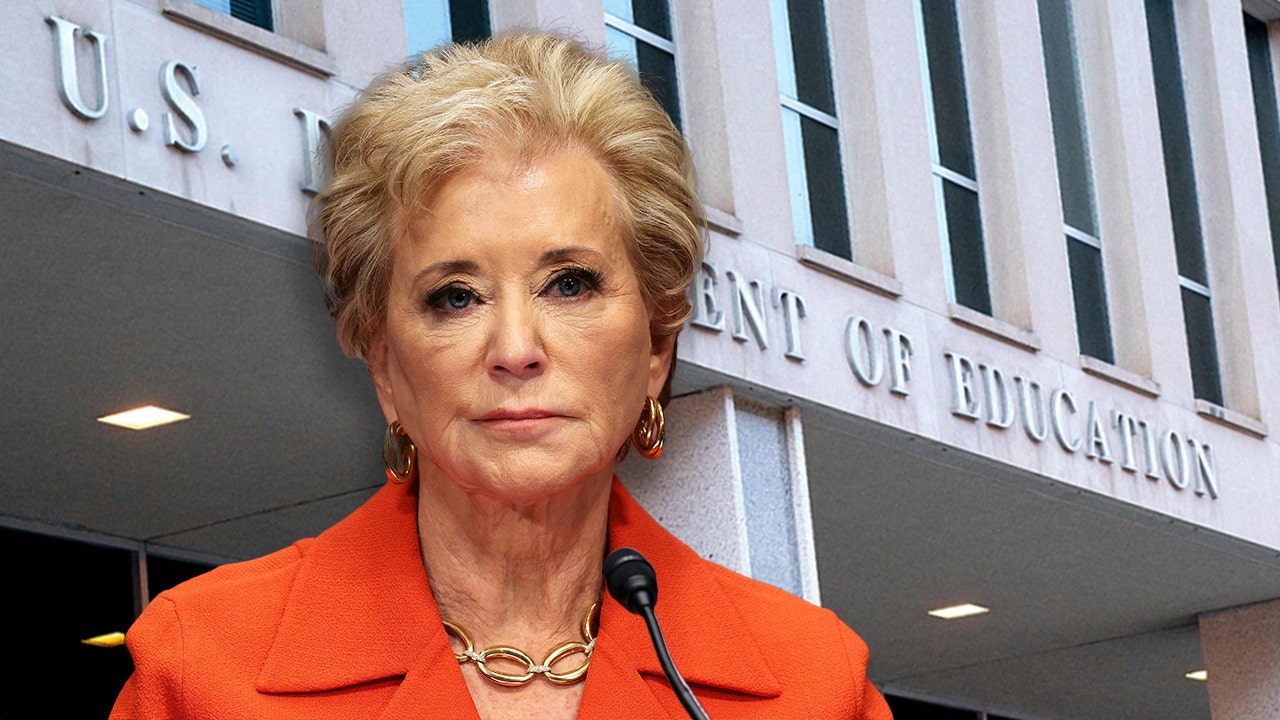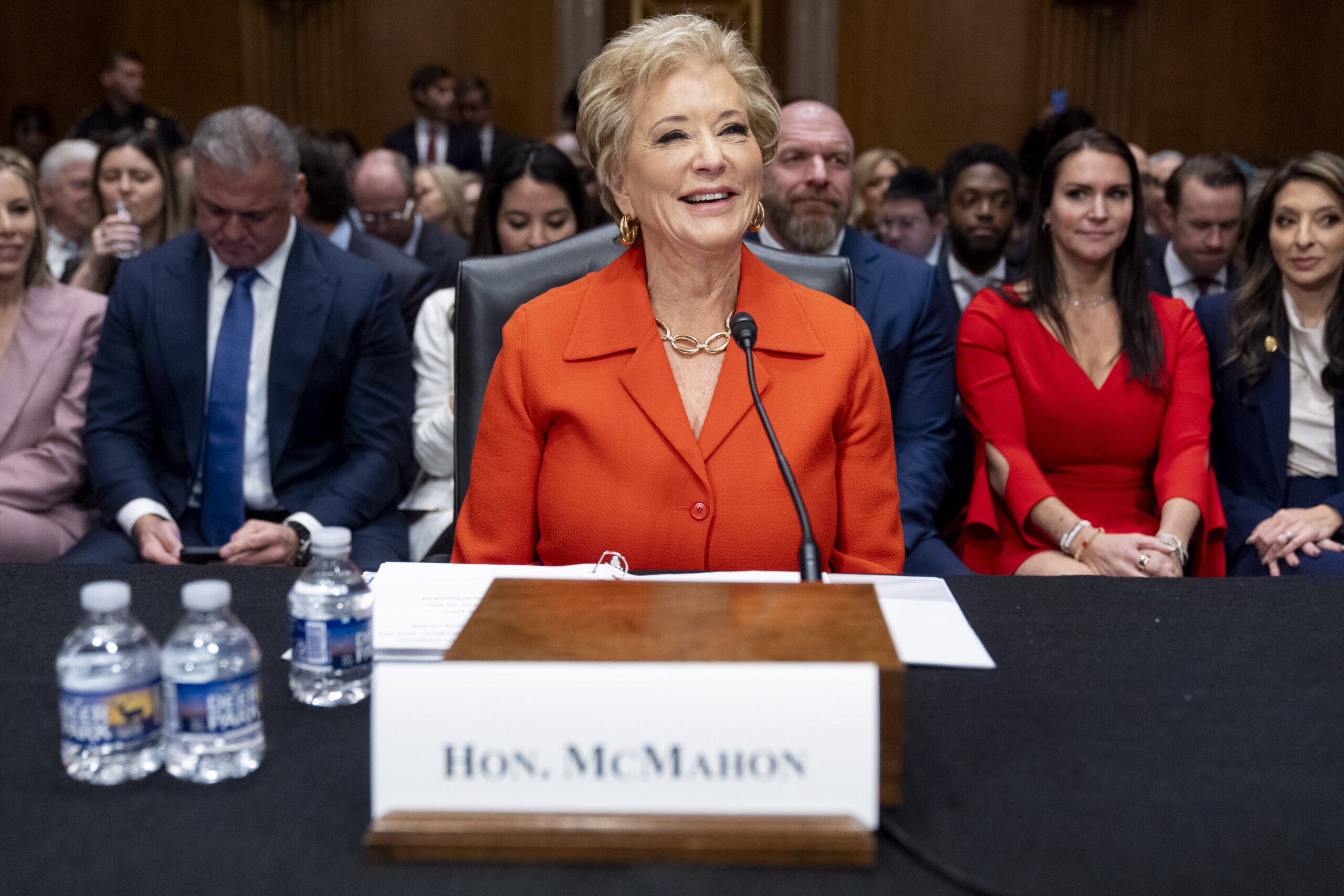Communities in southern Israeli bury the hostages whose bodies were recovered in Gaza earlier this week.
ARI SHAPIRO, HOST:
Funerals were held today for some of the six Israeli hostages who were recovered from Gaza earlier this week. Their recovery was announced just hours after Secretary of State Antony Blinken met with Israeli Prime Minister Benjamin Netanyahu, trying to push forward a cease-fire deal that would end the war in Gaza that has killed more than 40,000 Palestinians and allow for the release of the remaining Israeli hostages. NPR’s Kat Lonsdorf was at the funerals today, where friends and family members expressed anger that their government has not done enough to get the hostages back alive.
(SOUNDBITE OF GENERATOR BUZZING)
KAT LONSDORF, BYLINE: In a small cemetery in kibbutz Nirim in southern Israel, a group of men are setting up rows of white plastic lawn chairs. A generator buzzes nearby. The chairs face a freshly dug grave. This kibbutz is less than 2 miles from Gaza. It’s one of the communities devastated in the Hamas-lead attack last October. Around 1,200 people were killed and another 251 taken to Gaza as hostages. This new grave is for one of those hostages, 35-year-old Yagev Buchshtav.
RUTH NEVO: A very nice person, very unique.
LONSDORF: Ruth Nevo knew Yagev since he was a child.
NEVO: He was the first grandson of my best friend.
LONSDORF: She’s holding a flower to put on Yagev’s grave. She says having him back home is bittersweet.
NEVO: Look, it’s kind of closure. But the idea that he could be alive, it’s really upsetting.
LONSDORF: You mean if there had been a cease-fire deal sooner?
NEVO: Yes, yes. And there was a possibility before, and our government didn’t use it.
LONSDORF: Nearby, Yagev’s family is greeting hundreds of mourners as they arrive. His brother, Yuval, says that since Yagev was kidnapped on October 7, his entire life has become devoted to getting him back. He attends protests all over the country.
YUVAL: (Non-English language spoken).
LONSDORF: He also thinks that if a cease-fire deal had been signed months ago, Yagev would still be alive.
YUVAL: (Non-English language spoken).
LONSDORF: He says the Israeli government needs to agree to a deal now to get the other hostages back home. Yagev’s casket is wheeled out, draped with the Israeli flag. It’s lowered into the ground. Yagev’s wife kneels to touch the casket, the final goodbye. And then men grab shovels and start filling the hole with dirt. Some hostages have gotten out of Gaza alive. The biggest number was back in November, when a brief cease-fire deal allowed for nearly half to be released in exchange for a number of Palestinian prisoners and detainees held by Israel.
The Israeli military says 109 hostages still remain in Gaza. U.S. officials estimate about half are dead. Many in Israel feel that time is running out for the remaining living hostages and that cease-fire talks set to resume tomorrow in Cairo might be their last chance. Just down the road, another funeral for another hostage, 79-year-old Avraham Munder in Kibbutz Nir Oz, also shattered in the October 7 attacks. Avraham’s son was killed. His wife, daughter and grandson were also all taken hostage. They were released in November.
ITAY RAVIV: Yeah, and we hoped Avraham would be released as well, and unfortunately, he didn’t.
LONSDORF: Avraham’s great-nephew, Itay Raviv, has been vocal in both Israel and the U.S. about getting his uncle out.
RAVIV: We said there’s no time, and it proved to be correct.
LONSDORF: I ask him who’s to blame.
RAVIV: Honestly, everyone. First of all, of course, the main people are to blame are Hamas. They’re terrorists. They’re my enemy. But of course, my government and the military, they’re the ones who are supposed to protect us. And they failed to do that one time after another.
LONSDORF: The service starts. Avraham’s wife speaks, and then his sister, Shoshi Ben Ezra.
SHOSHI BEN EZRA: (Non-English language spoken).
LONSDORF: “I’m sorry the country you loved so much took 10 months to bring you home,” she says. And then they gently lower Avraham Munder into the ground.
Kat Lonsdorf, NPR News, Nir Oz, Israel.
Copyright © 2024 NPR. All rights reserved. Visit our website terms of use and permissions pages at www.npr.org for further information.
NPR transcripts are created on a rush deadline by an NPR contractor. This text may not be in its final form and may be updated or revised in the future. Accuracy and availability may vary. The authoritative record of NPR’s programming is the audio record.




















Discussion about this post